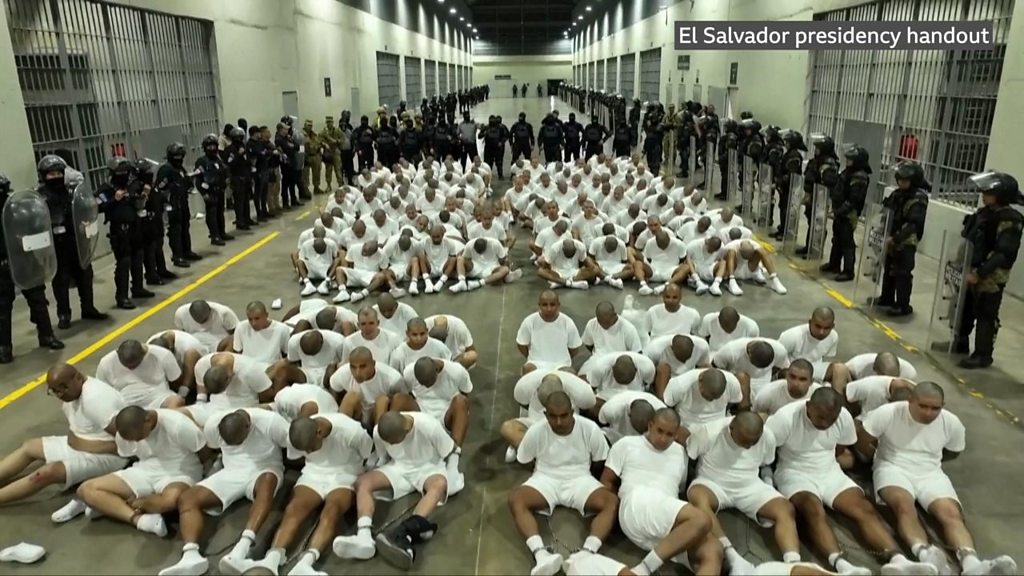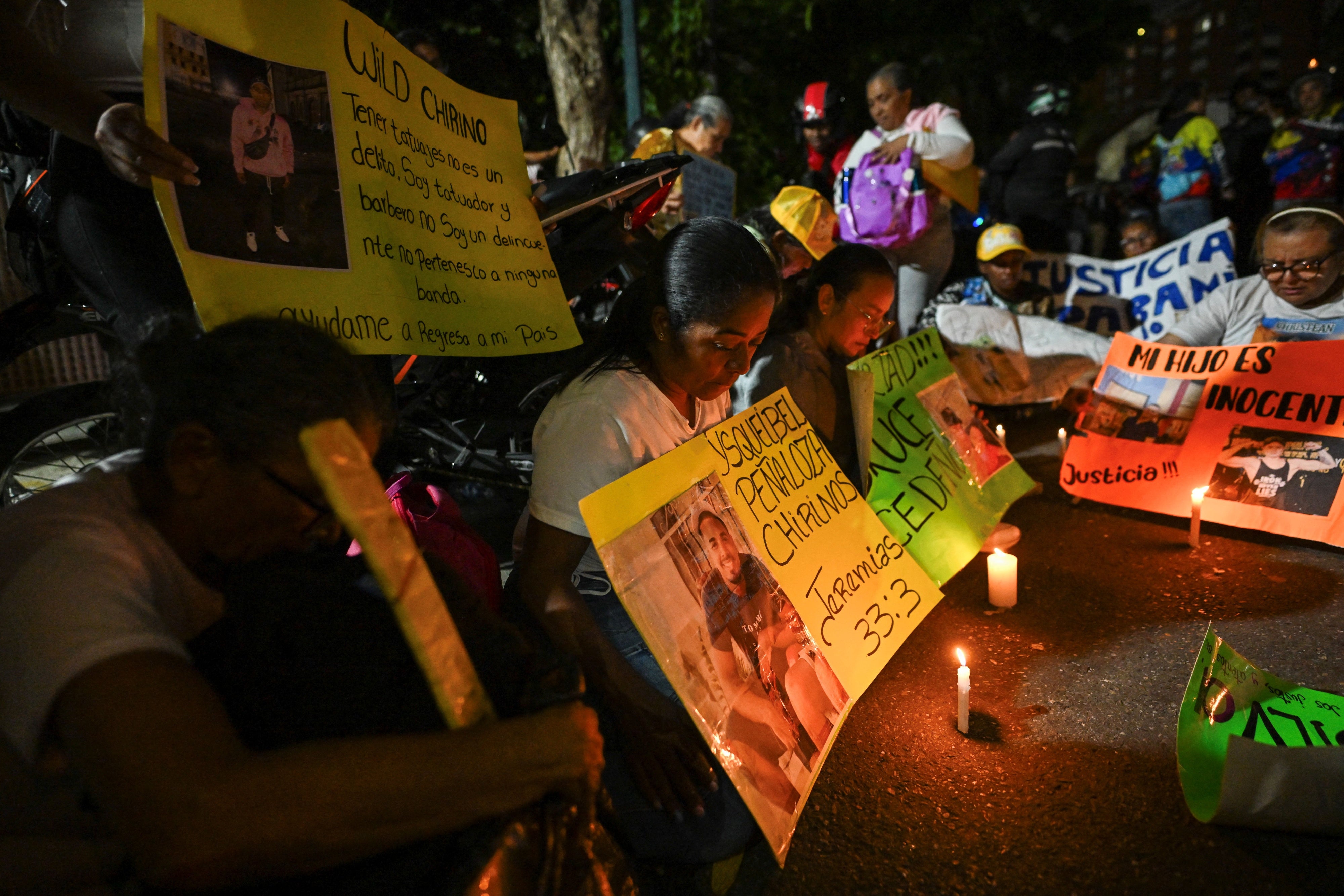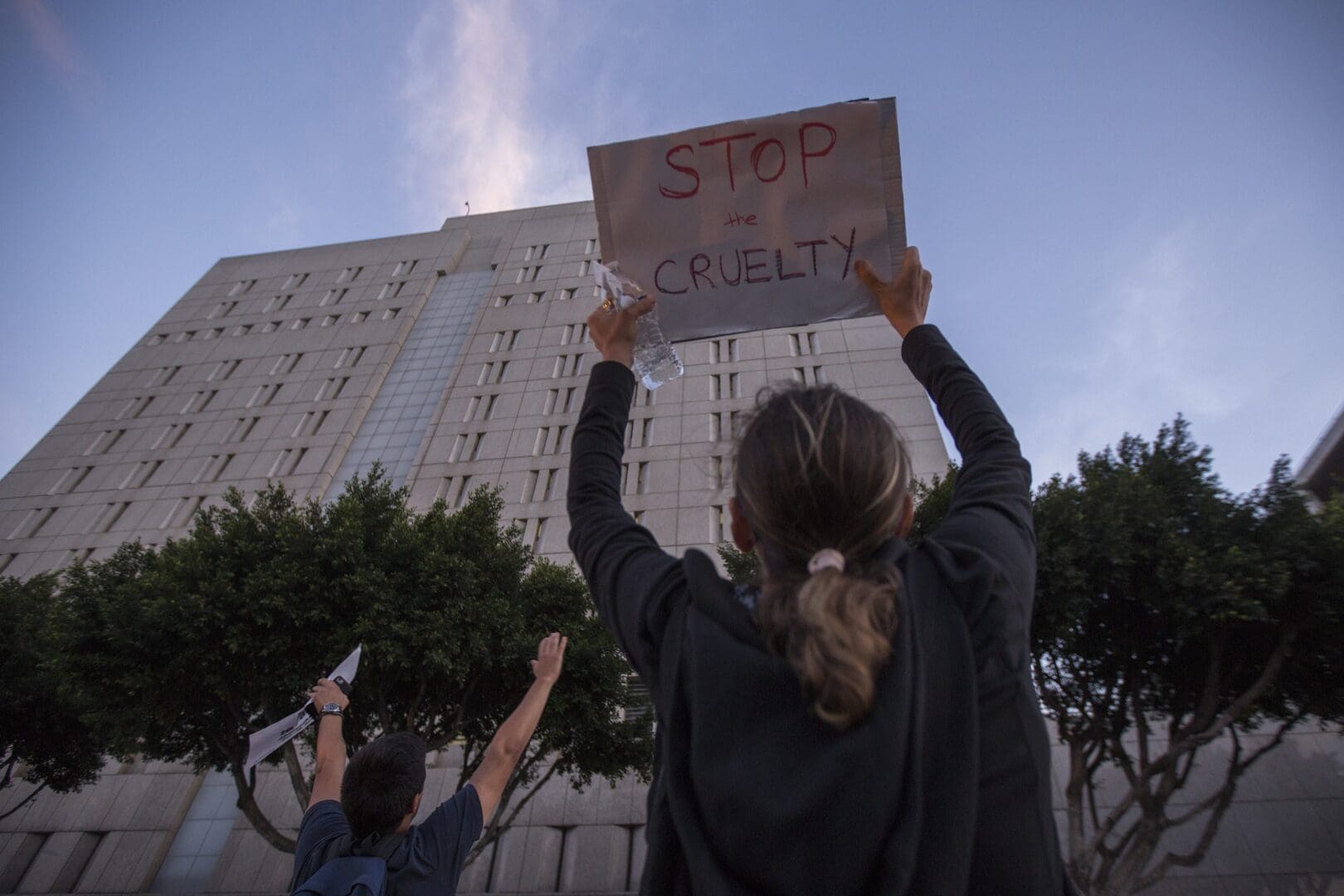U.S. Deportations to Eswatini Result in Solitary Confinement, Raising Human Rights Alarms

Five individuals deported from the United States to Eswatini are being held in solitary confinement, sparking outrage from human rights organizations. The deportations, part of an expanding "third-country" deportation program by the U.S. government, have raised concerns about due process, transparency, and the safety of the individuals involved.
DHS Announces Deportations of Five Individuals to Eswatini

On July 15, 2025, the U.S. Department of Homeland Security (DHS) announced the deportation of five individuals to Eswatini, a small Southern African nation. According to Homeland Security Assistant Secretary Tricia McLaughlin, the deportees—citizens of Vietnam, Jamaica, Cuba, Yemen, and Laos—were convicted criminals deemed "uniquely barbaric" whose home countries had refused to accept them back. McLaughlin stated that the charges included murder and child rape. This action signals a significant expansion of the previous administration's controversial "third-country" deportation program.
Eswatini Confirms Arrival, Imposes Solitary Confinement

The Eswatini government confirmed the arrival of the five individuals on July 16, 2025, referring to them as "prisoners" or "inmates." Authorities stated that the men are being held in "isolated units" within unnamed correctional facilities, considering them "in transit" for eventual repatriation to their respective home countries. Eswatini officials added that they would collaborate with the United Nations' migration agency (IOM) to facilitate this process, assuring adherence to "due process and respect for human rights." However, a specific timeframe for repatriation was not provided.
Indefinite Solitary Confinement and Security Concerns

Adding to the controversy, Eswatini government spokesperson Thabile Mdluli clarified on July 17, 2025, that the men would be held in solitary confinement for an "undetermined time." Mdluli declined to disclose the specific facilities where they are being held, citing security concerns. The International Organization for Migration (IOM) reported that they were not involved in the initial deportation operation and had not been approached for assistance. However, they stated their willingness to help in accordance with their humanitarian mandate should they be requested to do so.
Reports Suggest Incarceration at Maximum-Security Prison

Local media reports indicate that the men are being held at the Matsapha Correctional Complex, Eswatini's top maximum-security prison. This facility has faced previous accusations of abusive conditions, raising further concerns about the welfare of the deportees.
ICE Memo Reveals Expedited Removal Policy

A memo to U.S. Immigration and Customs Enforcement (ICE) staff, dated July 9, 2025, outlined the agency's policy for sending individuals with a final order of removal to a "third country." This policy includes provisions for expedited removal with as little as six hours' notice in "exigent circumstances." Alarmingly, the memo states that deportations can proceed even without assurances against torture or persecution if certain conditions are met.
Previous Deportations to South Sudan

Prior to the Eswatini deportations, eight other men were deported by the U.S. to South Sudan under a similar "third-country" program in early July 2025. This followed a Supreme Court decision that lifted restrictions on sending people to countries where they have no ties. The South Sudanese government has not disclosed the whereabouts of these individuals.
Supreme Court Ruling Paves Way for Third-Country Deportations

On June 23, 2025, the U.S. Supreme Court issued an order lifting a lower court's ruling, allowing deportations to third countries to proceed. The order specifically referenced the South Sudan case, indicating the court's willingness to allow such deportations to continue.
Human Rights Concerns and Criticisms Mount

Human rights organizations, including Amnesty International USA and the National Immigration Litigation Alliance, have strongly condemned the deportations. They cite concerns about due process, lack of notice, the secrecy surrounding the agreements between the U.S. and Eswatini, and the human rights records of both Eswatini and South Sudan. These concerns include credible reports of unlawful killings, impunity for abuses, and harsh prison conditions.
Contradictory Statements Fuel Confusion

The Eswatini government's claim that the men will be repatriated to their home countries stands in stark contrast to the U.S. assertion that they were deported to Eswatini precisely because their home countries refused to take them back. This contradiction raises serious questions about the long-term plan for these individuals and whether Eswatini truly intends to repatriate them.
Accusations of Eswatini as a "Dumping Ground"
Civil society organizations in Eswatini and neighboring countries have expressed outrage, viewing the country as a "dumping ground" for foreign criminals, which they argue poses potential security risks to their nation.
Precedent for Future Deportations
The expansion of this "third-country" deportation program suggests that the U.S. may seek similar agreements with other nations, particularly in Africa. This could potentially be in exchange for favorable trade, aid, or visa terms, setting a concerning precedent for international migration policy.